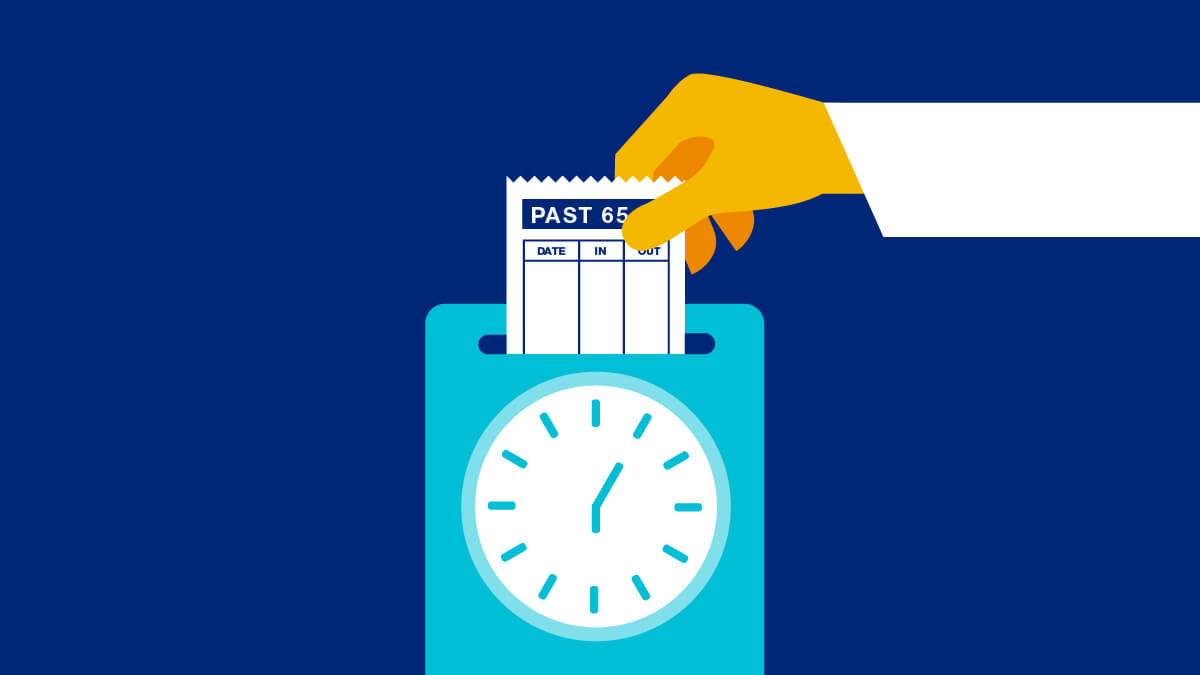
You first become eligible to enroll in Medicare around age 65. But if you plan to keep working or you have employer health coverage through a spouse, you have some options to consider when it comes to getting Medicare. So what do working 65-year-olds do about Medicare?
Medicare before you retire? Maybe.
Before you do anything about enrolling in Medicare, you need to talk with your employer benefits manager. You need to understand if your employer insurance qualifies as creditable coverage that could allow you to delay Medicare as well as find out how Medicare and your employer coverage may work together. In some cases your employer coverage will enable you to put off Medicare enrollment, and in other cases you may be required to take full Medicare benefits at age 65 even if you continue working. Quickly discover your options here.
Questions to ask your employer benefits manager include:
- Will my health insurance change if I enrolled in Medicare? If so, how?
- How much is deducted from my paycheck for my employer health insurance?
- Do I have creditable coverage through my employer?
- How will my covered dependents (spouse and family) be impacted if I choose to get Medicare?
This information will help you weigh your choices and decide what’s best for you. You may decide to enroll in Medicare Part A, Part B or both. Or you may be able to and want to delay enrolling in Medicare all together until you retire.
Enroll in Medicare Part A? Consider your HSA first.
Some people enroll in Medicare Part A when they turn 65 whether they’re working or not, because Part A is usually premium-free. You earn premium-free Part A by paying into the Medicare program through payroll deductions. You qualify if you or your spouse contributed to Medicare for at least 10 years.
Careful though. Once you get Part A (or any part of Medicare), you can no longer contribute to your health savings account (HSA).You may want to delay Part A if you have an HSA and want to continue contributing to it. If you decide to get Medicare and stop contributing your HSA, know that you can still continue to use the funds for qualified medical expenses – including some Medicare costs.
Enroll in Medicare Part B? Depends.
Medicare Part B charges a premium, so if you can delay without penalty, you may want to. Most people pay the standard Part B premium, but people with higher incomes may pay more.
Some people who work past 65 and have employer coverage delay enrolling in Part B just to postpone paying the premium and then sign up later during a Special Enrollment Period.
If you don’t qualify for a Special Enrollment Period, even if you’re still going to work past 65, you need to get Part B during your Initial Enrollment Period to avoid financial penalties.
Your Medicare choices when working
You have a number of Medicare decisions to make when you turn 65 and this is especially true when you have other health insurance. It’s a good idea to start learning about your choices ahead of turning 65. Preparation can help you get the coverage that best meets your needs while avoiding unnecessary costs and give you the confidence you want in whatever decision you end up with.
About Medicare Made Clear
Medicare Made Clear brought to you by UnitedHealthcare provides Medicare education so you can make informed decisions about your health and Medicare coverage.
Get the latest
Boost your Medicare know-how with the reliable, up-to-date news and information delivered to your inbox every month.
*All fields required

